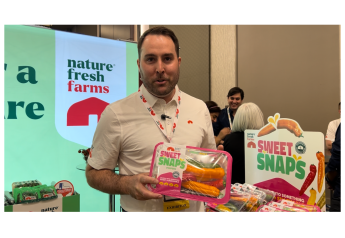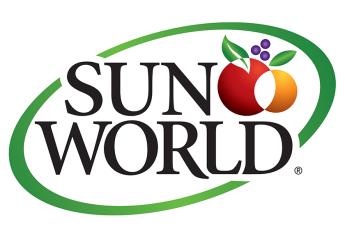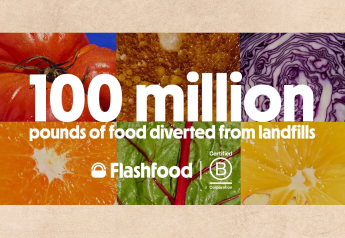Trucker vaccine mandates slam North American produce industry

Trucking troubles are nothing new to the fresh produce industry, but the recent vaccination mandates by the governments of Canada and the U.S. are taking those problems to a whole new level.
As of Jan. 15, Canada imposed a COVID-19 vaccine mandate for truckers crossing into Canada from the U.S. or between Canadian provinces. On Jan. 22, the U.S. imposed a mandate for non-U.S. truckers crossing into the U.S.
The two mandates together have alarmed produce industry leaders, who say the rules have led to truck shortages and predatory pricing.
Effective Jan. 22, U.S. Customs and Border Protection will begin enforcing a requirement for entry that says all non-U.S. individuals crossing at points of entry (land, bridge and ferry terminals) along the Mexico and Canada borders will have to verbally attest that they are fully vaccinated with one of the Centers for Disease Control and Prevention-approved vaccines (booster shots not required) and provide proof of vaccination to CBP officers upon request.
If an individual cannot provide a proof of vaccination when requested, they will be denied entry into the U.S., according to the agency.
Anne Reinke, president and CEO of Alexandria, Va.-based Transportation Intermediaries Association, was critical of the mandate in a statement from the group.
“One way to make this drastically worse overnight is to take tens of thousands of truck drivers and forbid them from entering the country, leaving countless amounts of essential freight at the doorstep of our country,” she said in the statement. “TIA continues to be an advocate for truck drivers, and we are calling for an end to these misguided policies towards truck drivers.”
Industry raises alarm
The mandate for trucker vaccinations will have a substantial impact on the North American produce industry, Robert Guenther, chief public policy officer for the International Fresh Produce Association, said in a statement.
“The fresh produce industry has been proactively encouraging our employers and employees to comply with federal, state and local requirements regarding COVID-19 testing and vaccinations with significant success,” he said in a statement. “Part of prioritizing public health and safety is ensuring (that) access to a safe, abundant food supply remains uninterrupted.”
With the compounded challenges on the supply chain, the trucking vaccination requirements have almost become the “straw that broke the camel’s back,” said Ron Lemaire, president of the Ottawa-based Canadian Produce Marketing Association.
While Canada has a high number of vaccinated truckers — Lemaire estimated the percentage at 90% — the industry was already short thousands of truckers before the mandate.
The 10% who are not vaccinated can’t travel between provinces or across the U.S. border into Canada.
“This is a big problem,” he said. Added to that, the Canadian market heavily depends on U.S. drivers. Lemaire said he has heard estimates that perhaps 50% to 60% of U.S. truckers are vaccinated.
The U.S. mandate may motivate more drivers to become vaccinated, he said.
“The issue right now we're looking at is we have predatory pricing,” Lemaire said. Refrigerated truck pricing is increasing between 30% to 50%, he said.
One mid-size Canadian distributor recently told CPMA the firm had not been able to find trucks for 15% to 20% of its loads coming from the U.S., Lemaire said.
In addition, some truckers are reluctant to handle produce because of the elevated potential of claims for damaged product because of delays, he said.
Lemaire said Western Canadian ports have also been congested, requiring handlers to ship produce to the Eastern Canada and then truck the produce back West.
“(Distribution) costs are escalating and the cost burden will have to be pushed through the system,” he said.
Lemaire said the compounding challenges of labor and transportation to port congestion have resulted in bare shelves at retail.
“In some cases, it's not that we don't have food; the food is in the warehouse, it is in the back of the store,” he said. “Getting out to the store shelves is (a challenge).”
On the import side, he said distributors face waits of three weeks or more for imported fruit to be unloaded at ports. That creates food waste, and the necessity of repacking and regrading that fruit before it is shipped to buyers.
The industry isn’t hopeful for quick fixes, he said, with shippers speculating that port congestion may not be cleared for another year or two.
Lemaire said the issue must be addressed now.
“That's a priority for not only our government, but governments around the world, and industry around the world, to get those refrigerated containers out of the port and back into the system as quickly as possible,” Lemaire said.
Lemaire said global produce associations around the world are getting organized and seeking to work together to find solutions.







